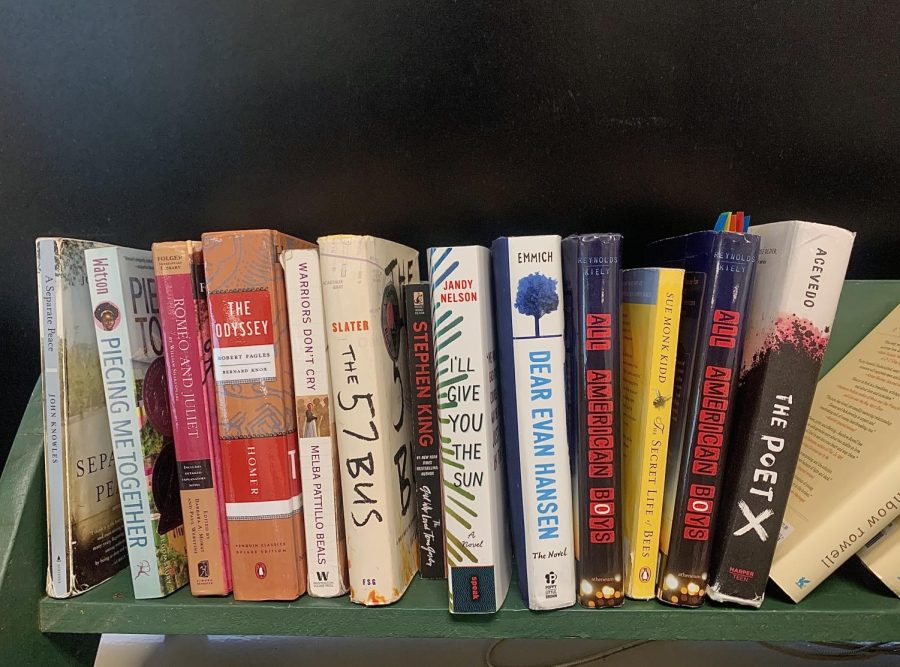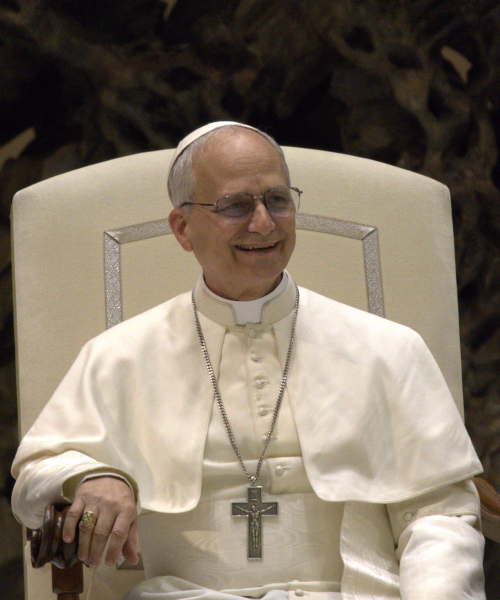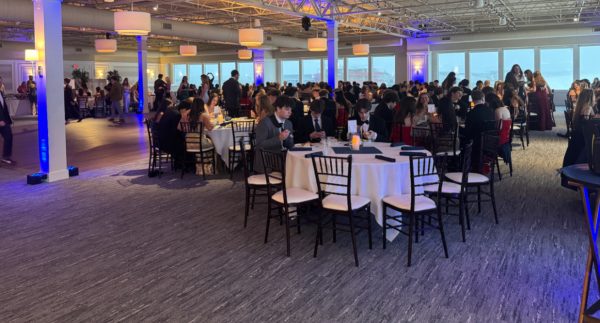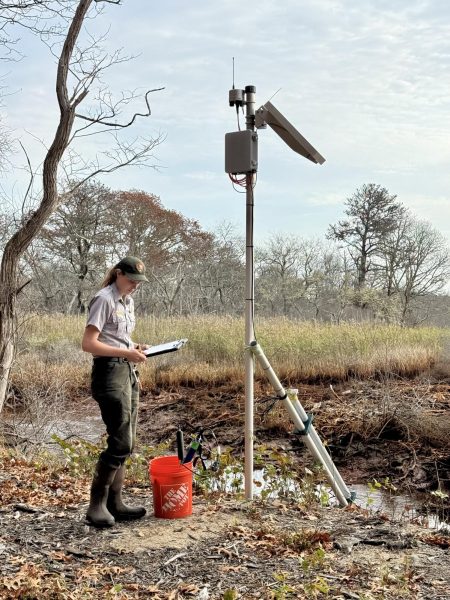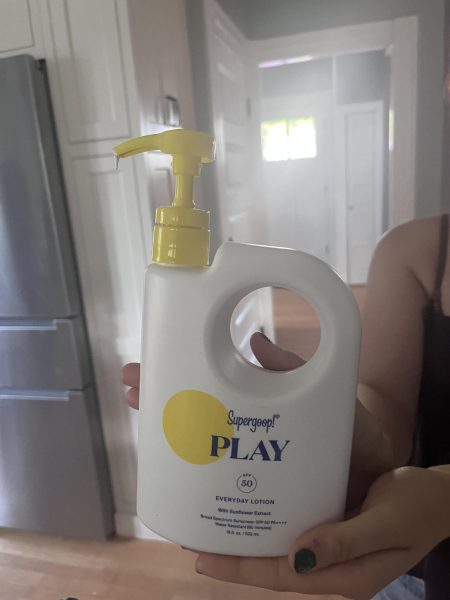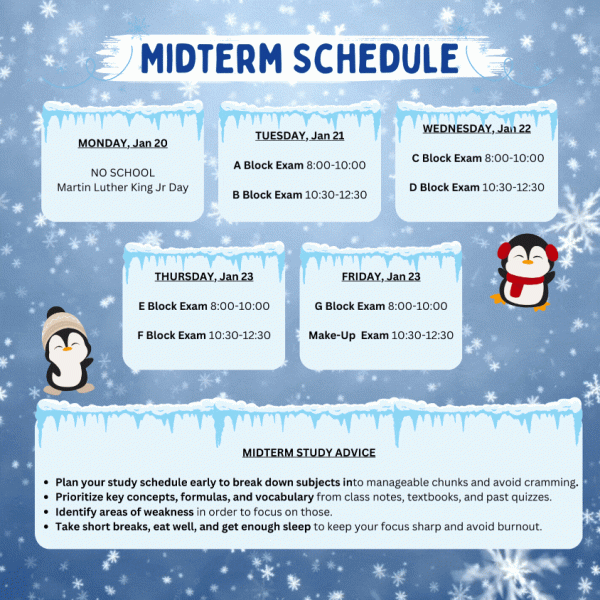Are Choice Books Here to Stay?
Freshman year English books with a mix of choice options, current core texts, and some retired core texts.
In Hamilton-Wenham Regional High School English classrooms, students are, on average, asked to read 4-6 books a year, and 1 to 2 of those texts are choice books. Some people complain about too many old, “outdated” texts with difficult words and un-relatable situations, while others complain about too many YA choice books that have not stood the test of time.
However, after talking to various members of the English department, it became clear that the goal of the blended approach with core texts and supplements paired with some choice is meant to cater to all aspects of the English classroom.
Mr. Robert Hickey, the head of the English department, said, “The idea is to create a balance between certain core texts that we think everybody should read, and then building off of that, asking ourselves what are some texts that students could choose from.”
He continued saying, “We don’t want to be always telling kids what to read because that’s not going to make lifelong readers, but we also don’t want to lose the text that we think all students benefit from talking about together.”
The idea of a choice book unit is typically to provide a choice out of a list of 4-8 books with similar themes to the core text. The teachers have curated these books to provide a more modern perspective of the issues addressed in the core text. In contrast, the classics often require a lot of supplemental texts to critically understand and look at the novel’s outdated ideas or values.
Hickey said, “The range of options (within a choice unit) allows us to say, if you want a classic text, there’s this, but there is also a more modern option with a text like All American Boys… kids find it very relevant. It’s kind of an attempt to not be one or the other (choice or classic) but be flexible and be more of a hybrid of the two.”
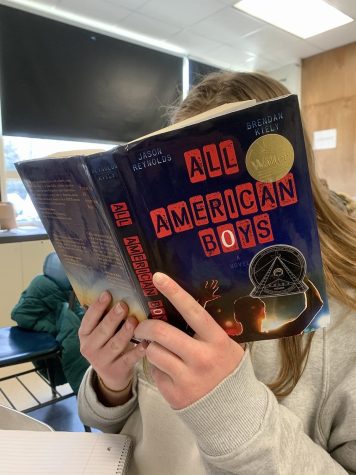
Within a choice unit, teachers can provide a range of options for students at different reading levels. Some students are ready to break down more complex texts, some are finding books that will draw them in and perhaps refelct on their own life.
Hickey said, “I think that over a student’s high school English career they should get many texts that are going to stand the test of time, that are worth reading for both the plot and for the writing, but I would say there is also the goal that we need students to be willing to read. So, there might be some texts in their high school career that might not be considered a long-enduring text for the next 25 years or more, but that doesn’t make it less important.”
Hickey also highlighted that choice books and small reading groups can be a powerful tool for student independence and ownership of reading and writing.
He said, “I think this is something that builds off the philosophy of wanting kids to have some ownership of what they read. We find that with a lot of students being so busy, competing interests, and the rise of technology, we don’t just want students to come out of high school knowing how to read, but actually choosing to read is a really big goal of ours and a concern.”
Students feel the same way as teachers. Senior Ariel Greenberg said, “I really like when we do choice books. They allow so much more freedom. Its nice to read a whole class text which all of us can talk about, but we also have the opportunity to choose something modern that relates to the core text, and even perhaps to us as well.”
Choice books can be utilized to test run powerful texts that could become a core text in the coming years. Student feedback about the books in the curriculum is always highly valued, and teachers specifically listen to feedback about the choice books they are offering using surveys and class discussions.
Hickey mentioned that one hope is for the English department to be one of the first to catch the “future classics,” books that will be powerful and stand the test of time. For example, All the Light We Cannot See by Anthony Dorr was a summer reading choice book. The English department is watching this book closely to see if it will become a “future classic.”
The purpose of choice books is multifaceted, providing modern situations, authors, and perspectives, building up student independence and growing life-long readers.
Sophie Keys is a senior at Hamilton-Wenham Regional Highschool and a student journalist for the General Consensus. She’s taking a journalism course...


